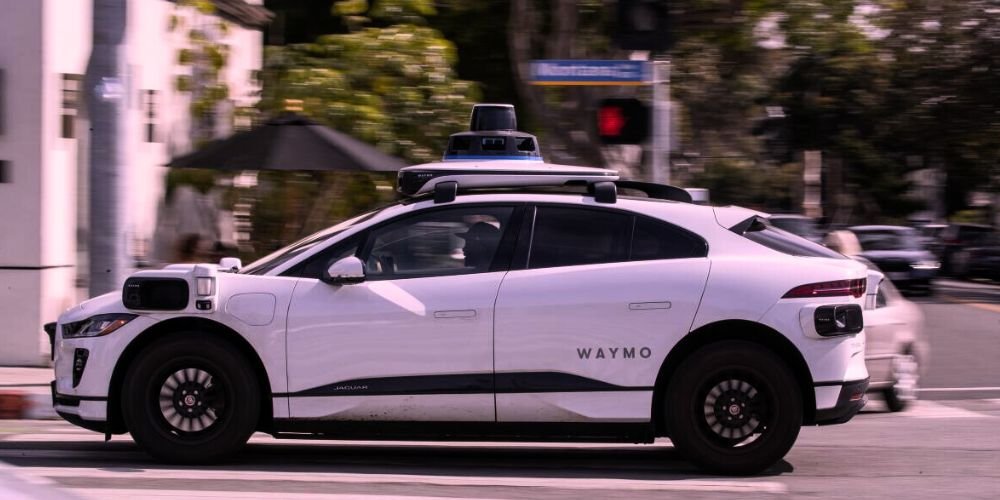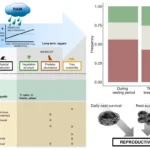Key Points
- Waymo, led by Alphabet, secured $5.6 billion in funding to expand its autonomous ride-hailing service.
- Notable investors included Andreessen Horowitz, Fidelity, Silver Lake, Tiger Global, and T. Rowe Price.
- Waymo plans to grow its services in San Francisco, Phoenix, Los Angeles, Austin, and Atlanta.
- Alphabet committed to a multi-year, $5 billion investment plan to aid Waymo’s development.
Alphabet’s autonomous driving division, Waymo, announced on Friday that it had completed a $5.6 billion funding round led by its parent company. The funds aim to expand Waymo’s autonomous ride-hailing service further, which already operates in key cities across the U.S. The funding round also saw participation from high-profile investors, including Andreessen Horowitz, Fidelity, Perry Creek, Silver Lake, Tiger Global, and T. Rowe Price.
The autonomous vehicle market is seeing substantial investment from technology companies and automakers as they strive to secure a commercial foothold in the growing field of autonomous ride-hailing services. While the technology faces regulatory scrutiny and skepticism, companies remain committed to building fleets of self-driving cars capable of operating independently in urban environments. Waymo’s goal is to use the latest investment to increase the accessibility and scale of its Waymo One service, already active in cities like San Francisco, Phoenix, and Los Angeles, and to expand further in Austin and Atlanta through its partnership with Uber.
Alphabet has been a long-term backer of Waymo, committing to a $5 billion investment plan over several years to support the division’s growth, as outlined by Alphabet’s finance chief, Ruth Porat, in July. Currently, Waymo offers paid rides in autonomous vehicles in areas such as California’s Bay Area, Los Angeles, and Phoenix, Arizona. After extensive testing and accumulating millions of driving miles, Waymo received regulatory approval from the California Public Utilities Commission in 2022, a significant milestone that allowed it to offer autonomous ride-hailing services to the public in certain areas.
Waymo’s ambitions reflect a larger industry movement. Competitors like Tesla, led by CEO Elon Musk, plan to introduce autonomous ride-hailing services in California and Texas next year. Meanwhile, General Motors’ autonomous unit, Cruise, is conducting testing with human safety drivers following a temporary suspension due to an accident. Amazon’s autonomous vehicle division, Zoox, is also expanding its testing of autonomous vehicles designed without traditional controls like steering wheels and pedals.
The autonomous ride-hailing sector advances steadily as companies build upon years of research, testing, and incremental regulatory approval. With significant funding from Alphabet and other influential investors, Waymo aims to solidify its leadership in the space while navigating complex regulatory landscapes and public safety concerns.





